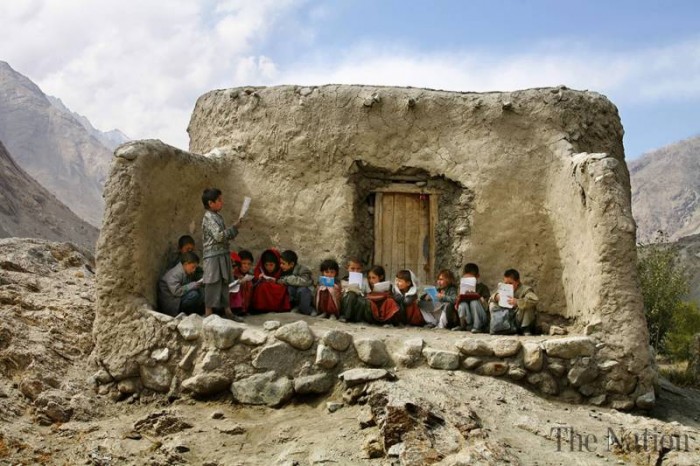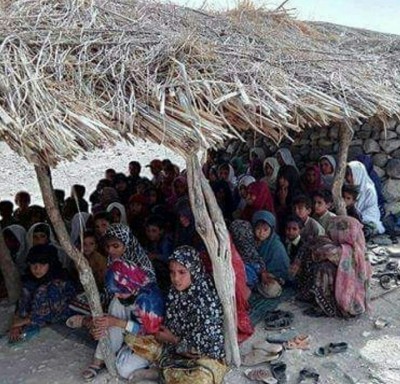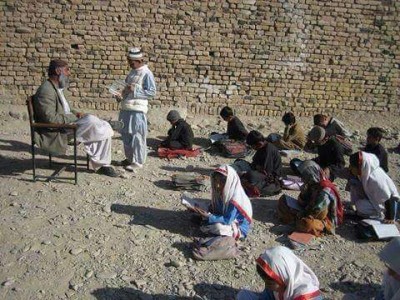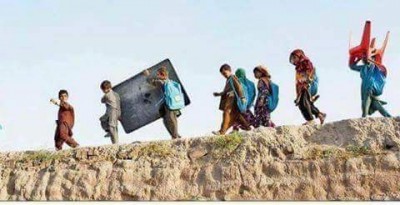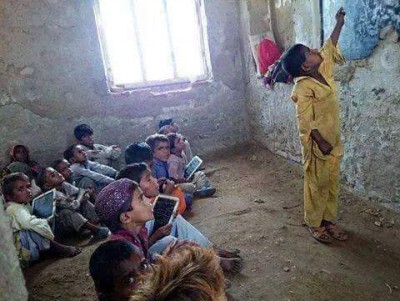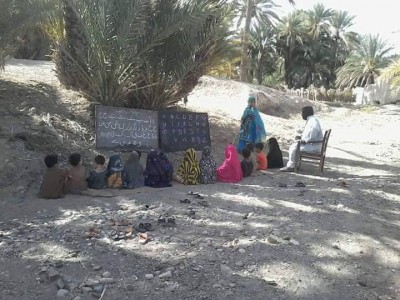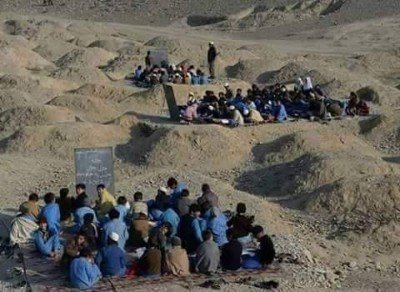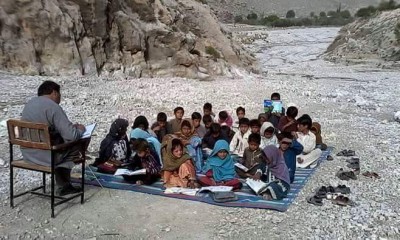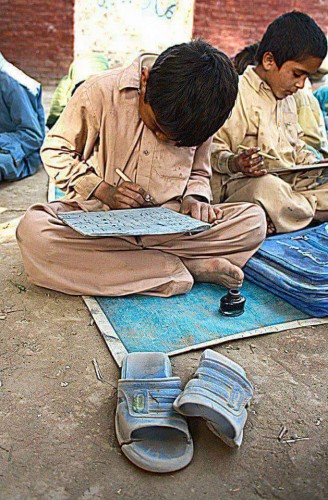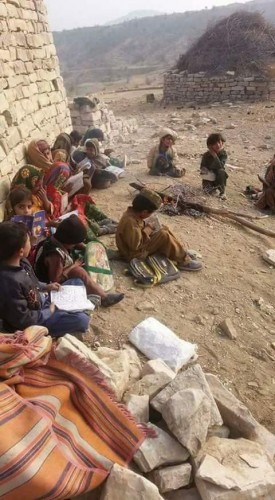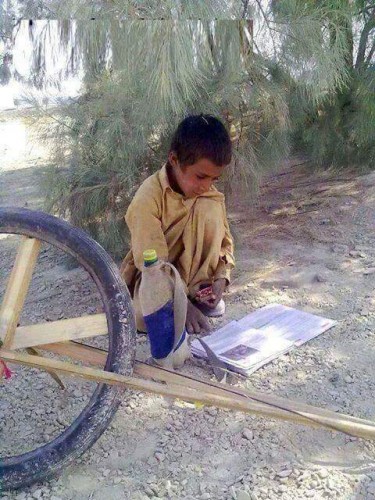21:17 Unfolding education crisis in Balochistan |
|
By: Adnan Aamir Education is arguably the single most important thing in the modern era. It’s the ultimate tool which can enable people to move up the social mobility ladder and liver better lives. As a result, inclusive and equitable quality education is one of the most talked about Sustainable Development Goals (SDGs) of United Nations. In that backdrop an educational emergency was imposed in Balochistan in 2013 and extra emphasis was laid on education but not anymore. Abdul Rahim Ziaratwal, Parliamentary Leader of Pashtunkhwa Milli Awami Party (PKMAP), took charge of education ministry of Balochistan in January 2014. Since then all the gains made in first half of the tenure of the incumbent government under education emergency are being rolled back due to political interference. Since incumbent minister has assumed power, the favourite past time of the education ministry has been to transfer the top officers in education department who do not dance to the tunes of political bosses. First victim was secretary education, then project director (PD) of Balochistan Education Project (BEP) sponsored by World Bank and lately the additional secretary of education was transferred out. In case of PD even World Bank asked Balochistan government not to transfer the PD for the sake of continuity but this request fell on deaf ears. All these officers had good reputation among bureaucratic circles and they tried to run the education department in a proper way but those at helm didn’t approve of this. So, they were showed the door out which shook the very foundations of reform agenda in the province. Moreover, transferring the bright officers was not enough, education department also went on to give the look after charge of key positions to junior officers. At the moment positions of secretary education and director education are being occupied by juniors with look after charge. Appointing a permanent officer is violation of best practices of good governance. However, it allows the minister to exert more control because junior officers with Look after charge can take a stand against minister like the way three aforementioned gentleman did. Furthermore, due to the political interference in the education ministry the development work in the department has also become paralysed. In fiscal budget for 2016-17 capital expenditure allocated for development in education was slashed from Rs10 billion to a little over Rs6 billion. However, the government could not even spent this amount. As per the sources in education department, barley half of the amount allocated has been spent so far and remaining half would be surrendered back to the provincial exchequer. So, the construction of schools building and facilities planned for this fiscal year would be delayed by another year. In short, education in Balochistan is in doldrums due to those who are at the helm. Surprisingly, there is no much criticism on government for plight of education by opposition, civil society or by media. It seems that all the stakeholders have ignored education and they are no longer interested in its improvement. Even the ideological supporters of PKMAP, who are otherwise progressive, do not criticize the deterioration in education of Balochistan brought by one of their own. Moreover, then comes the role of few education advocacy groups and networks which are running huge donor funded projects. These groups are just pursuing their agenda in the name of education reforms. For instance one such group is pushing for increasing the budget only. Conveniently ignoring the fact that in case of Balochistan the issue is not of lack of availability of funds of education but of timely and responsible spending of those funds. This point can be further proved by a cursory look at some of key statistics related to education in Balochistan. As per the Pakistan Education Statistics Reports 2012-16 Balochistan is the highest spender on educating per child. Balochistan spends Rs29,000 on education per capita in a year as compared to national average of Pakistan which is Rs18,000 and South Asian average which is Rs14,000. At the same time Balochistan has the lowest student-teacher ratio in all of country where there is one teacher for every 25 students. Despite such heavy investment in education, students in Balochistan score lowest in learning assessments in Urdu, English and Math and 47 per cent of school going age children are out of school. Clearly, there is a big problem with education in Balochistan and it’s not lack of funding. The poor standard of education in Balochistan speaks volumes about the impact of political meddling in education department of Balochistan. When incompetent officers make compromises to get look after charges of important position in education department then its obvious that education system in Balochistan will suffer. Moreover, the situation of education is very disappointing in Balochistan at the moment. The tenure of incumbentgovernment will end after one year and till then there is no hope of betterment in education. The political meddling will continue and in that circumstances there is no chance of implementing educational reforms. The solution to educational problems in Balochistan lies in depoliticising education, ensuring a mechanism of fiscal responsibility and allowing the educatorsand not the short sighted politicians to make education policies. The only way that can happen is if the civil society of the province takes this issue seriously and realises the damage being done to the future generations. Time is ripe for igniting the debate on education problems. http://nation.com.pk/blogs/04-Jul-2017/unfolding-education-crisis-in-balochistan |
|
|
| Total comments: 0 | |
